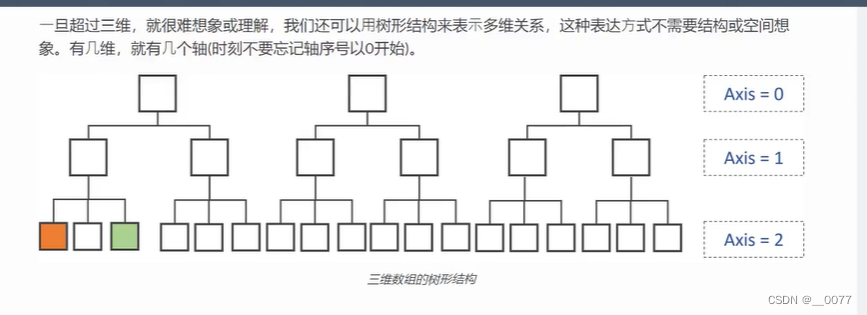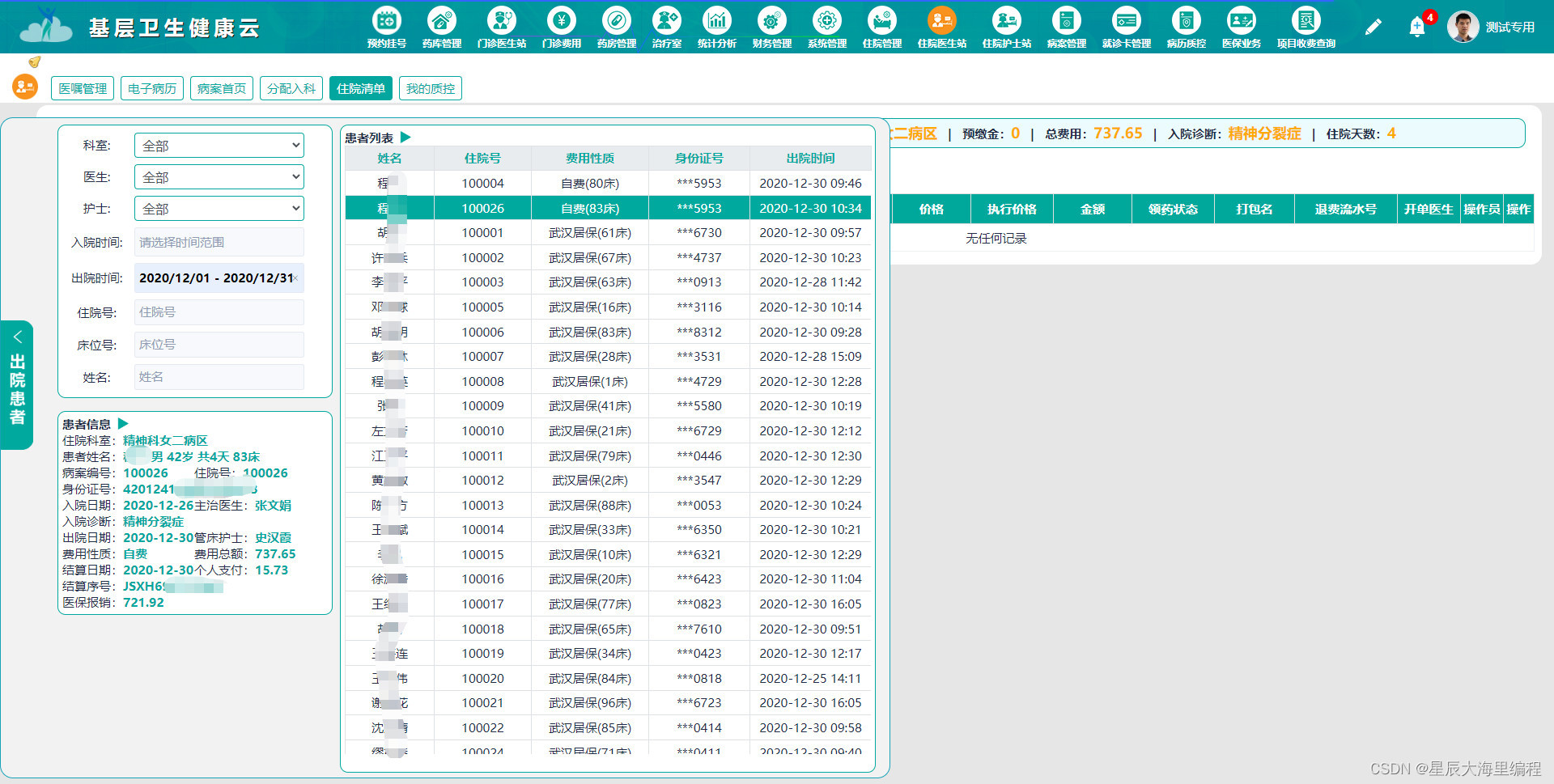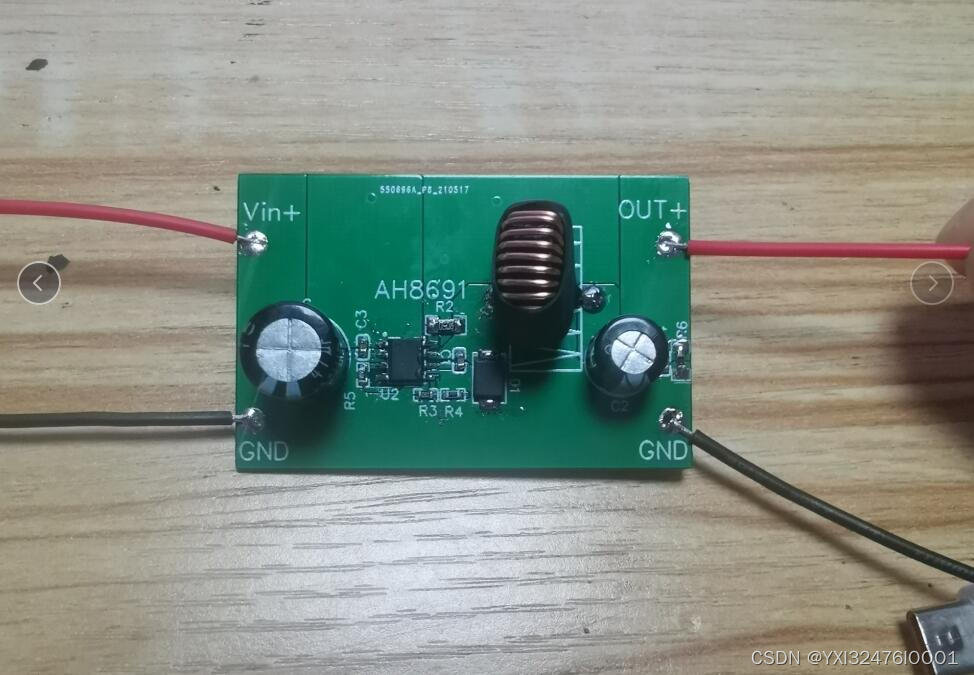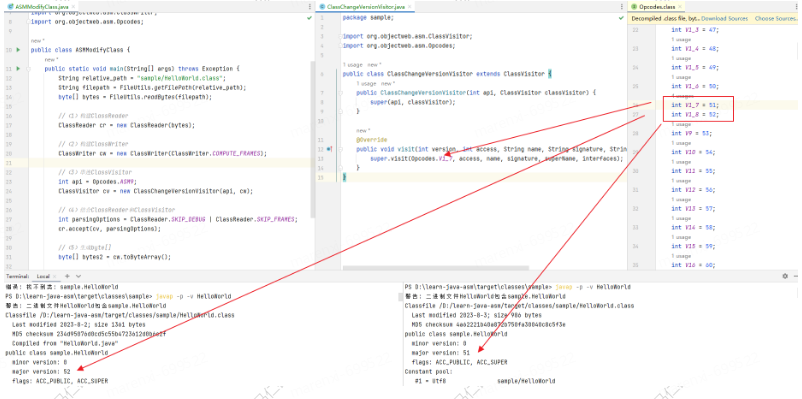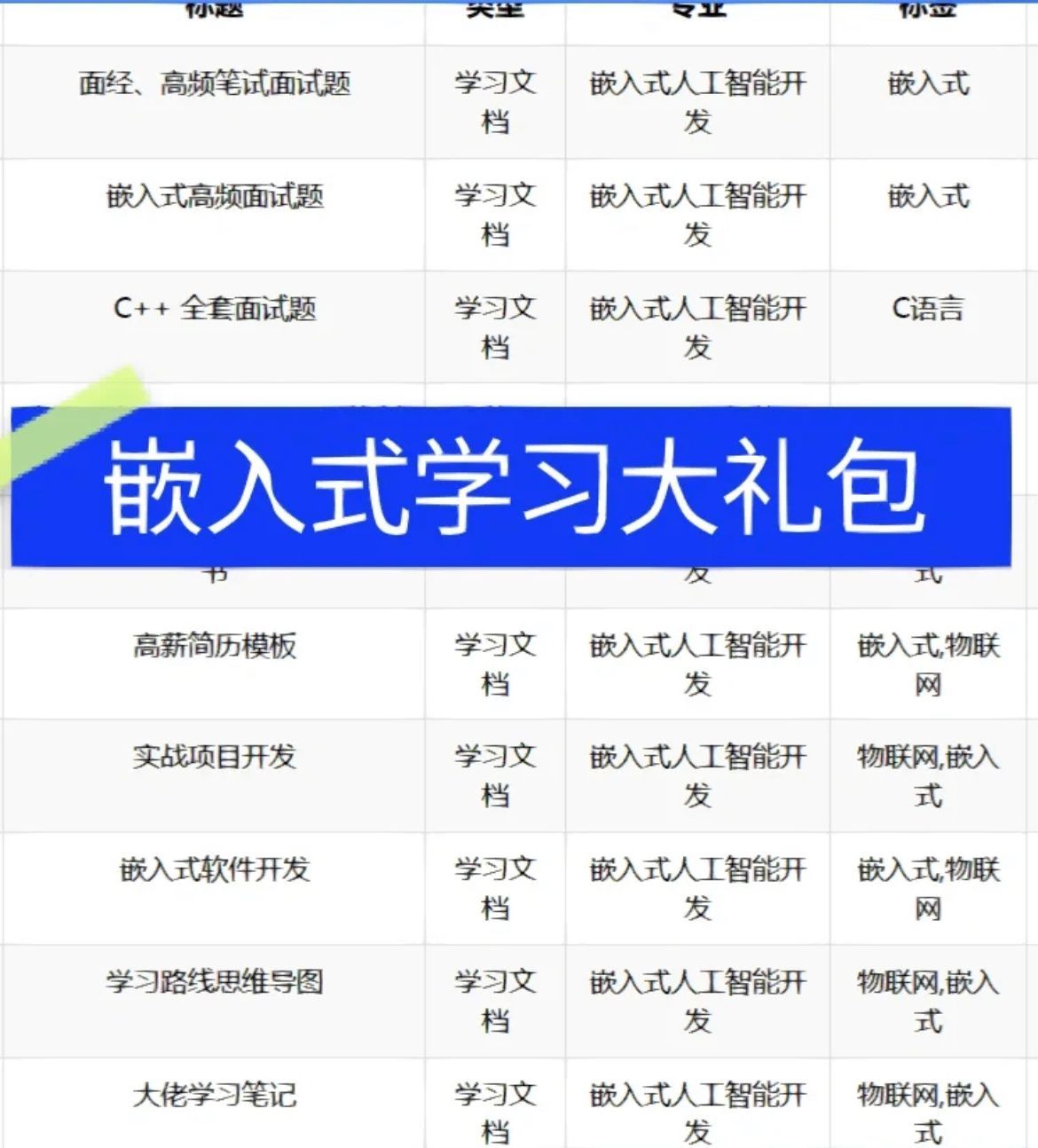1、看门狗的流程图

2、看门狗的代码实现
/**
*
*类说明:Redis的key-value结构
*/
public class LockItem {
private final String key;
private final String value;
public LockItem(String key, String value) {
this.key = key;
this.value = value;
}
public String getKey() {
return key;
}
public String getValue() {
return value;
}
}
import java.util.concurrent.Delayed;
import java.util.concurrent.TimeUnit;
/**
*
*类说明:存放到延迟队列的元素,比标准的delay的实现要提前一点时间
*/
public class ItemVo<T> implements Delayed{
/*到期时刻 20:00:35,234*/
private long activeTime;
/*业务数据,泛型*/
private T data;
/*传入的数值代表过期的时长,单位毫秒,需要乘1000转换为毫秒和到期时间
* 同时提前100毫秒续期,具体的时间可以自己决定*/
public ItemVo(long expirationTime, T data) {
super();
this.activeTime = expirationTime+System.currentTimeMillis()-100;
this.data = data;
}
public long getActiveTime() {
return activeTime;
}
public T getData() {
return data;
}
/**
* 返回元素到激活时刻的剩余时长
*/
public long getDelay(TimeUnit unit) {
long d = unit.convert(this.activeTime
- System.currentTimeMillis(),unit);
return d;
}
/**按剩余时长排序*/
public int compareTo(Delayed o) {
long d = (getDelay(TimeUnit.MILLISECONDS)
-o.getDelay(TimeUnit.MILLISECONDS));
if (d==0){
return 0;
}else{
if (d<0){
return -1;
}else{
return 1;
}
}
}
}
核心代码:
import org.springframework.beans.factory.annotation.Autowired;
import org.springframework.stereotype.Component;
import redis.clients.jedis.Jedis;
import redis.clients.jedis.JedisPool;
import redis.clients.jedis.params.SetParams;
import javax.annotation.PreDestroy;
import java.util.Arrays;
import java.util.UUID;
import java.util.concurrent.DelayQueue;
import java.util.concurrent.TimeUnit;
import java.util.concurrent.locks.Condition;
import java.util.concurrent.locks.Lock;
/**
* 分布式锁,附带看门狗线程的实现:加锁,保持锁1秒
*/
@Component
public class RedisDistLockWithDog implements Lock {
//加锁的时间
private final static int LOCK_TIME = 1*1000;
private final static String LOCK_TIME_STR = String.valueOf(LOCK_TIME);
//key的开头,用于标记是分布式锁使用
private final static String RS_DISTLOCK_NS = "tdln2:";
//释放锁的lua,释放的时候保持原子性
private final static String RELEASE_LOCK_LUA =
"if redis.call('get',KEYS[1])==ARGV[1] then\n" +
" return redis.call('del', KEYS[1])\n" +
" else return 0 end";
/*还有并发问题,考虑ThreadLocal*/
private ThreadLocal<String> lockerId = new ThreadLocal<>();
private Thread ownerThread;
private String lockName = "lock";
@Autowired
private JedisPool jedisPool;
public String getLockName() {
return lockName;
}
public void setLockName(String lockName) {
this.lockName = lockName;
}
public Thread getOwnerThread() {
return ownerThread;
}
public void setOwnerThread(Thread ownerThread) {
this.ownerThread = ownerThread;
}
//加锁的入口
@Override
public void lock() {
//自璇
while(!tryLock()){
try {
Thread.sleep(100);
} catch (InterruptedException e) {
e.printStackTrace();
}
}
}
@Override
public void lockInterruptibly() throws InterruptedException {
throw new UnsupportedOperationException("不支持可中断获取锁!");
}
//具体的加锁逻辑
@Override
public boolean tryLock() {
Thread t=Thread.currentThread();
/*说明本线程正在持有锁*/
if(ownerThread==t) {
return true;
}else if(ownerThread!=null){/*说明本进程中有别的线程正在持有分布式锁*/
return false;
}
Jedis jedis = null;
try {
jedis = jedisPool.getResource();
/*每一个锁的持有人都分配一个唯一的id,也可采用snowflake算法*/
String id = UUID.randomUUID().toString();
SetParams params = new SetParams();
params.px(LOCK_TIME); //加锁时间1s
params.nx();
//synchronized是为了防止本地多个线程争抢
synchronized (this){
//加锁
if ((ownerThread==null)&&
"OK".equals(jedis.set(RS_DISTLOCK_NS+lockName,id,params))) {
lockerId.set(id);
setOwnerThread(t);
if(expireThread == null){//看门狗线程启动
expireThread = new Thread(new ExpireTask(),"expireThread");
expireThread.setDaemon(true);//设置为守护线程
expireThread.start();
}
//往延迟阻塞队列中加入元素(让看门口可以在过期之前一点点的时间去做锁的续期)
delayDog.add(new ItemVo<>((int)LOCK_TIME,new LockItem(lockName,id)));
System.out.println(Thread.currentThread().getName()+"已获得锁----");
return true;
}else{
System.out.println(Thread.currentThread().getName()+"无法获得锁----");
return false;
}
}
} catch (Exception e) {
throw new RuntimeException("分布式锁尝试加锁失败!",e);
} finally {
jedis.close();
}
}
@Override
public boolean tryLock(long time, TimeUnit unit) throws InterruptedException {
throw new UnsupportedOperationException("不支持等待尝试获取锁!");
}
@Override
public void unlock() {
if(ownerThread!=Thread.currentThread()) {
throw new RuntimeException("试图释放无所有权的锁!");
}
Jedis jedis = null;
try {
jedis = jedisPool.getResource();
Long result = (Long)jedis.eval(RELEASE_LOCK_LUA,
Arrays.asList(RS_DISTLOCK_NS+lockName),
Arrays.asList(lockerId.get()));
System.out.println(result);
if(result.longValue()!=0L){
System.out.println("Redis上的锁已释放!");
}else{
System.out.println("Redis上的锁释放失败!");
}
} catch (Exception e) {
throw new RuntimeException("释放锁失败!",e);
} finally {
if(jedis!=null) jedis.close();
lockerId.remove();
setOwnerThread(null);
}
}
@Override
public Condition newCondition() {
throw new UnsupportedOperationException("不支持等待通知操作!");
}
/*看门狗线程*/
private Thread expireThread;
//通过delayDog 避免无谓的轮询,减少看门狗线程的轮序次数 阻塞延迟队列 刷1 没有刷2
private static DelayQueue<ItemVo<LockItem>> delayDog = new DelayQueue<>();
//续锁逻辑:判断是持有锁的线程才能续锁
private final static String DELAY_LOCK_LUA =
"if redis.call('get',KEYS[1])==ARGV[1] then\n" +
" return redis.call('pexpire', KEYS[1],ARGV[2])\n" +
" else return 0 end";
private class ExpireTask implements Runnable{
@Override
public void run() {
System.out.println("看门狗线程已启动......");
while(!Thread.currentThread().isInterrupted()) {
try {
LockItem lockItem = delayDog.take().getData();//只有元素快到期了才能take到 0.9s
Jedis jedis = null;
try {
jedis = jedisPool.getResource();
Long result = (Long)jedis.eval(DELAY_LOCK_LUA,
Arrays.asList(RS_DISTLOCK_NS+lockItem.getKey ()),
Arrays.asList(lockItem.getValue(),LOCK_TIME_STR));
if(result.longValue()==0L){
System.out.println("Redis上的锁已释放,无需续期!");
}else{
delayDog.add(new ItemVo<>((int)LOCK_TIME,
new LockItem(lockItem.getKey(),lockItem.getValue())));
System.out.println("Redis上的锁已续期:"+LOCK_TIME);
}
} catch (Exception e) {
throw new RuntimeException("锁续期失败!",e);
} finally {
if(jedis!=null) jedis.close();
}
} catch (InterruptedException e) {
System.out.println("看门狗线程被中断");
break;
}
}
System.out.println("看门狗线程准备关闭......");
}
}
// @PostConstruct
// public void initExpireThread(){
//
// }
@PreDestroy
public void closeExpireThread(){
if(null!=expireThread){
expireThread.interrupt();
}
}
}
测试:
@SpringBootTest
public class TestRedisDistLockWithDog {
@Autowired
private RedisDistLockWithDog redisDistLockWithDog;
private int count = 0;
@Test
public void testLockWithDog() throws InterruptedException {
int clientCount =3;
CountDownLatch countDownLatch = new CountDownLatch(clientCount);
ExecutorService executorService = Executors.newFixedThreadPool(clientCount);
for (int i = 0;i<clientCount;i++){
executorService.execute(() -> {
try {
redisDistLockWithDog.lock(); //锁的有效时间1秒
System.out.println(Thread.currentThread().getName()+"准备进行累加。");
Thread.sleep(2000);
count++;
} catch (InterruptedException e) {
e.printStackTrace();
} finally {
redisDistLockWithDog.unlock();
}
countDownLatch.countDown();
});
}
countDownLatch.await();
System.out.println(count);
}
@Test
public void testTryLock2() {
int clientCount =1000;
for (int i = 0;i<clientCount;i++) {
if (redisDistLockWithDog.tryLock()) {
System.out.println("已获得锁!");
redisDistLockWithDog.unlock();
} else {
System.out.println("未能获得锁!");
}
}
}
}
3、数据同步问题
在redis的主从部署架构下,由于主从之间的数据同步是异步线程来进行的,所以存在以下场景需要考虑:
当分布式锁加在主库上的时候,数据还没有同步至从库的时候,主库便宕机了,当哨兵机制从新指定了一个从库为主库的时候,此时从节点上并没有锁.
解决方案:红锁



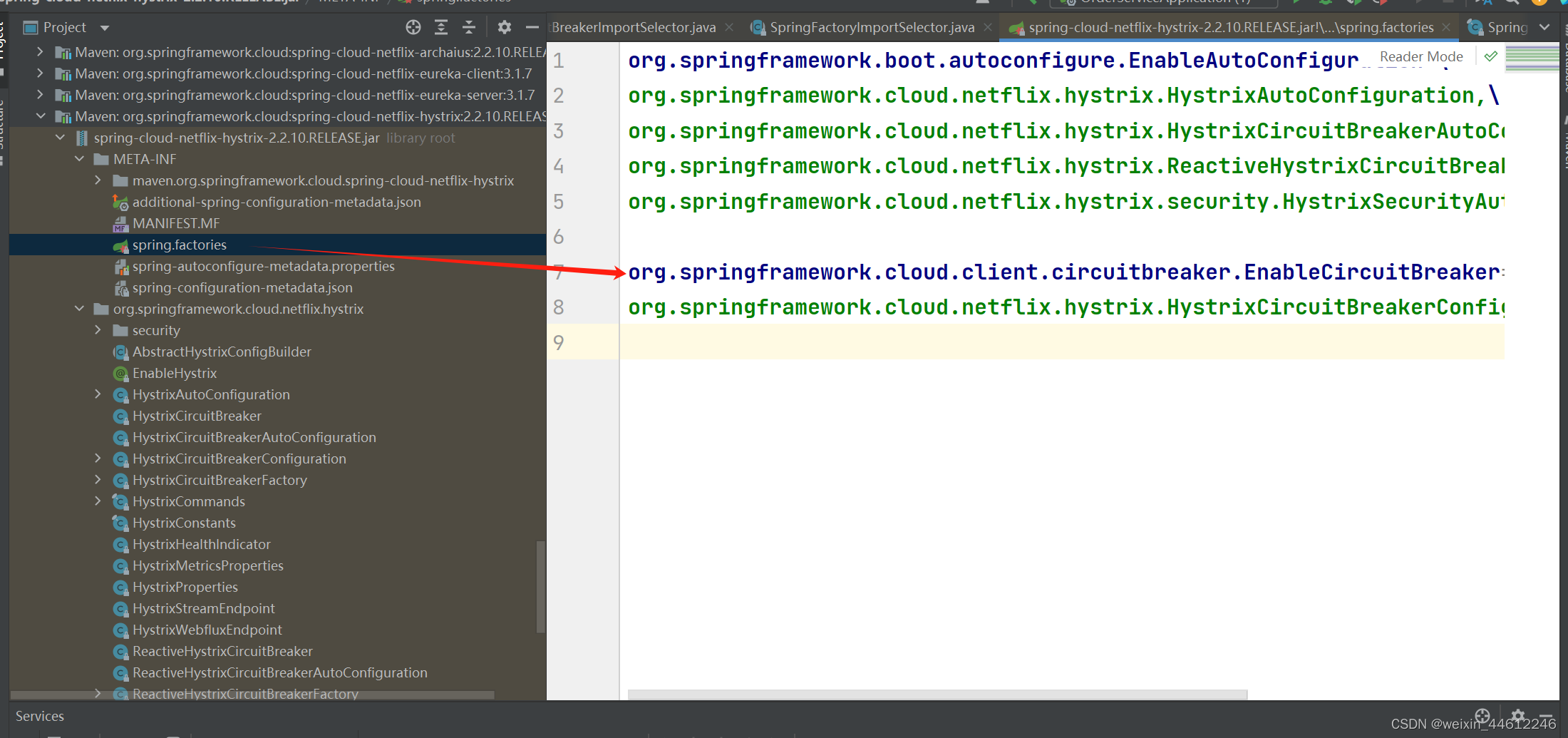
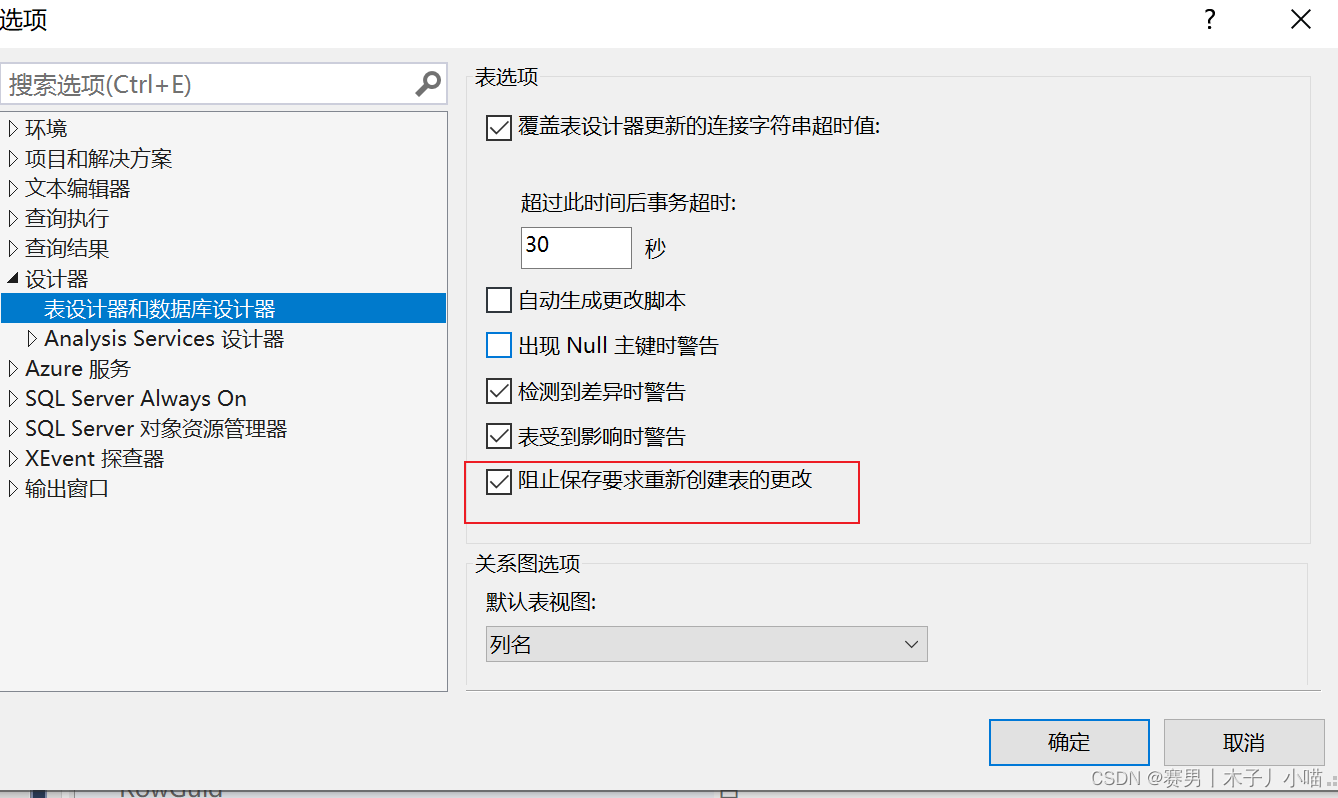
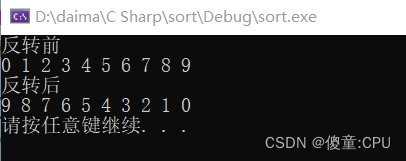


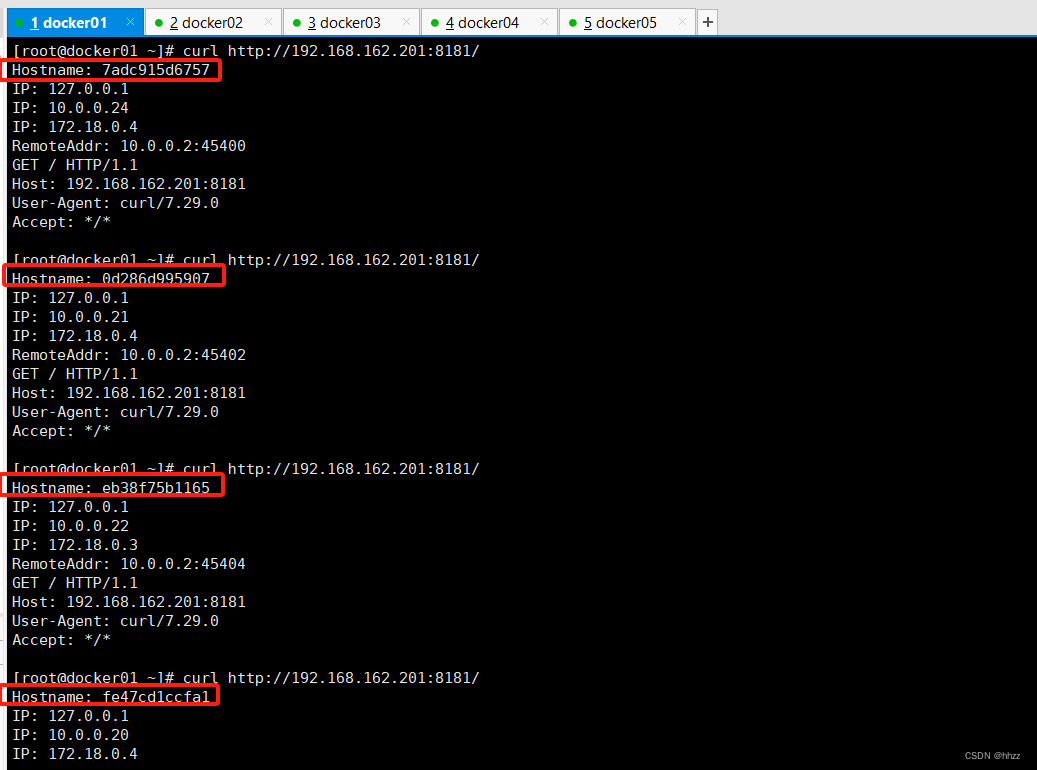
![[补题记录] Complete the Permutation(贪心、set)](https://img-blog.csdnimg.cn/f2bd31b67c964db79a50368dc6ec36b4.png)
